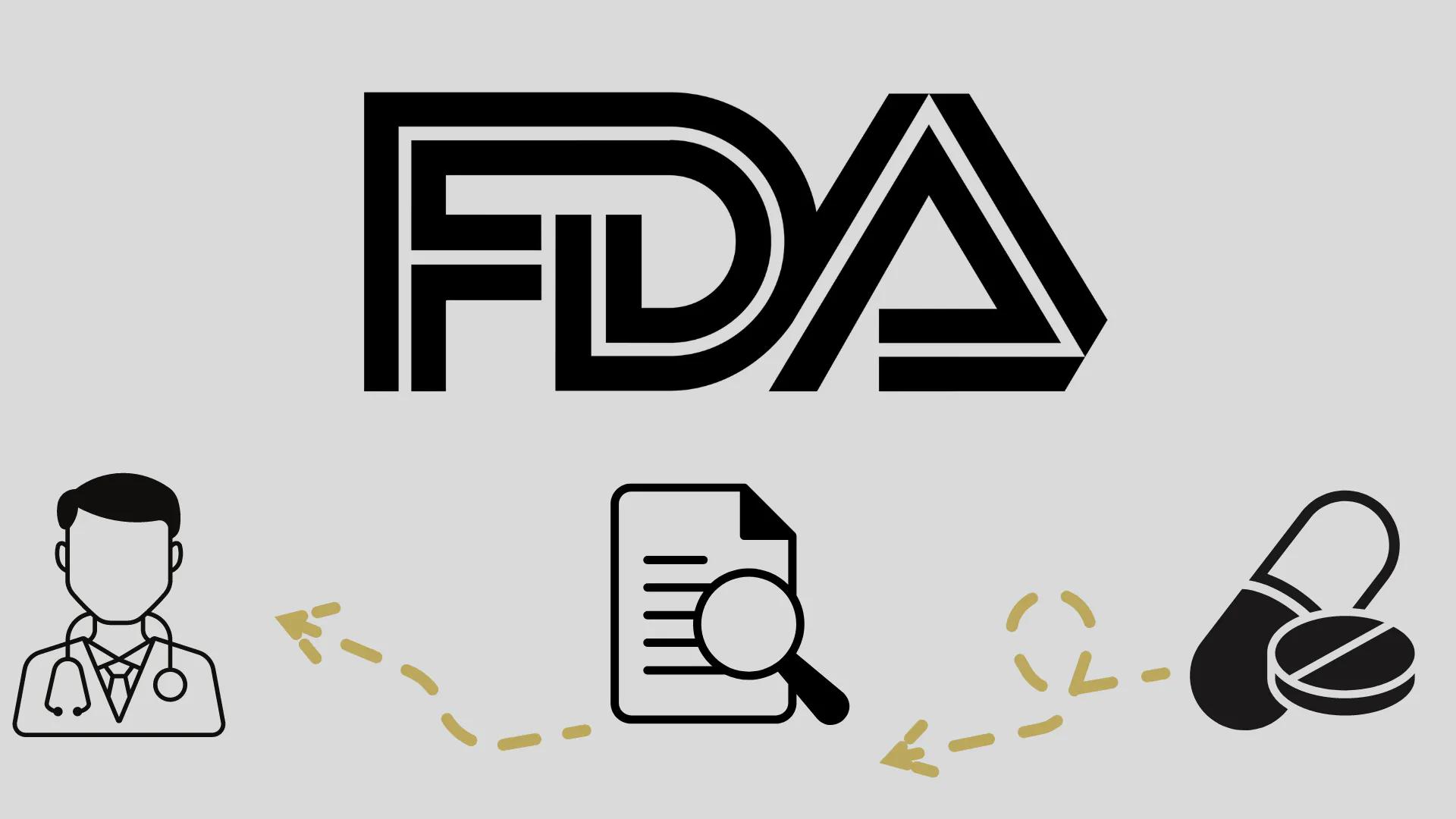
FDA Approves Luspatercept-aamt for Upfront Treatment of Anemia in Lower-Risk MDS

The FDA has added to the existing approval of luspatercept-aamt for the treatment of patients with anemia and lower-risk myelodysplatic syndrome.
- The indication for luspatercept-aamt has been expanded to the froontline setting for patients with anemia and lower-risk MDS.
- Reblozyl is not indicated for use as a substitute for red blood cell (RBC) transfusions in patients who require immediate correction of anemia, according to Bristol Myers Squibb.
- In the United States , Reblozyl is not indicated for use in patients with non-transfusion-dependent beta thalassemia.
The FDA has granted approval to luspatercept-aamt (Reblozyl) for the treatment of anemia without previous erythropoiesis stimulating agent use (ESA-naïve) in adult patients with very low- to intermediate-risk myelodysplastic syndromes (MDS) who may require regular red blood cell (RBC) transfusions, according to an announcement by Bristol Myers Squibb. This approval expands the use of luspatercept to the frontline setting.1
“For patients with lower-risk MDS, current standard therapies, including ESAs, have provided limited benefit in controlling anemia with only 1 in 3 patients responding for a duration of 6-18 months,” said Guillermo Garcia-Manero, MD, lead investigator and Chief of the Section of Myelodysplastic Syndromes at The University of Texas MD Anderson Cancer Center, in a press release. “Results from the COMMANDS study showed nearly twice as many patients treated with Reblozyl achieved transfusion independence of at least 12 weeks and concurrent hemoglobin increase compared to epoetin alfa. Today’s approval represents an important advancement for patients with lower-risk MDS.”
Approval was granted based on findings from the phase 3 COMMANDS study in which luspatercept led to superior concurrent RBC transfusion independence (RBC-TI) and hemoglobin (Hb) increase compared to epoetin alfa (Procrit), regardless of ring sideroblast status. Overall, 58.5% (n=86) of patients treated who received luspatercept vs. 31.2% (n=48) of those who received epoetin alfa achieved the primary endpoint of RBC-TI of at least 12 weeks with a mean Hb increase of at least 1.5 g/dL within the first 24 weeks (P <0.0001).1,2
In terms of safety, the most common adverse reactions were diarrhea, fatigue, hypertension, peripheral edema, nausea, and dyspnea. These adverse reactions occurred in greater than 10% of patients.
In the phase 3, open-label, randomized COMMANDS study, investigators evaluated the efficacy and safety of luspatercept compared with epoetin alfa for the treatment of patients with anemia due to very low-, low- or intermediate-risk MDS who are RBC transfusion dependent and were erythropoiesis stimulating agent naïve.3
Adult patients were eligible for enrollment if they had documented diagnosis of MDS, very low, low, or intermediate risk disease according to WHO 2016 classification, < 5% blasts in bone marrow, an endogenous serum erythropoietin level of < 500 U/L, and an ECOG performance status of 0, 1, or 2. Patients must have also had RBC transfusions which consisted of an average transfusion requirement of 2 - 6 units/8 weeks of packed red blood cells confirmed for a minimum of 8 weeks immediately preceding randomization.
The primary end point of the study was RBC transfusion independence for 12 weeks with a mean hemoglobin increase ≥ 1.5 g/dL and secondary end points of RBC transfusion independence for 24 weeks, RBC transfusion independence ≥12 weeks, and erythroid response of at least 8 weeks during weeks 1-24 of the study.
Secondary end points explored in the study were mean hemoglobin change over 24 weeks, hematologic improvement, time to first RBC transfusion, RBC transfusion burden on treatment, safety, pharmacokinetics, frequency of antidrug antibodies, number and percentage of participants progressing to acute myeloid leukemia (AML), time to AML progression, and overall survival.








































